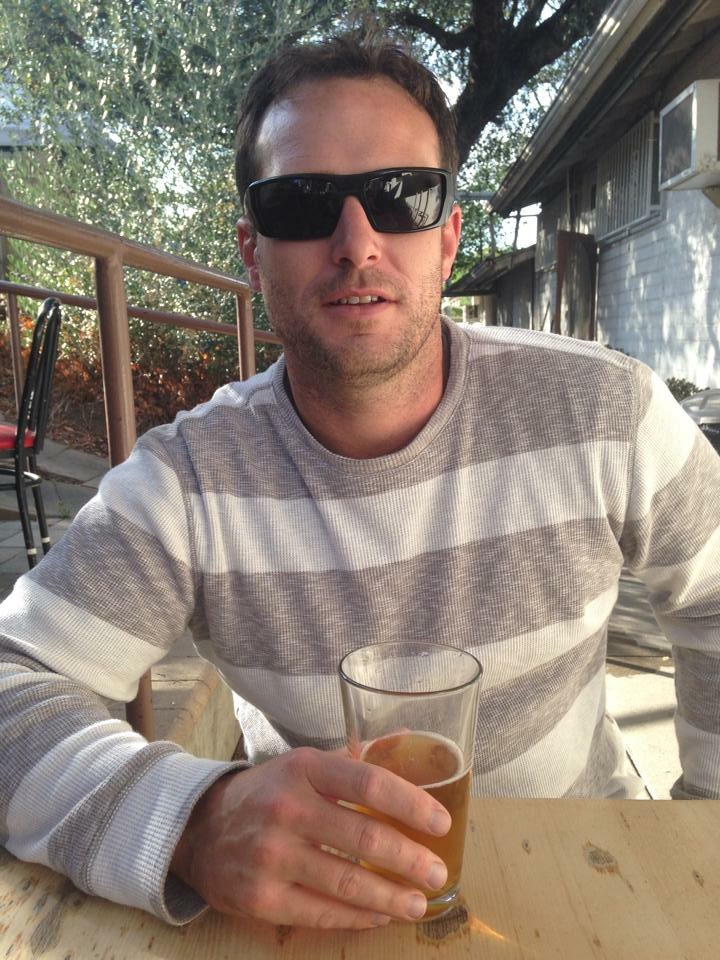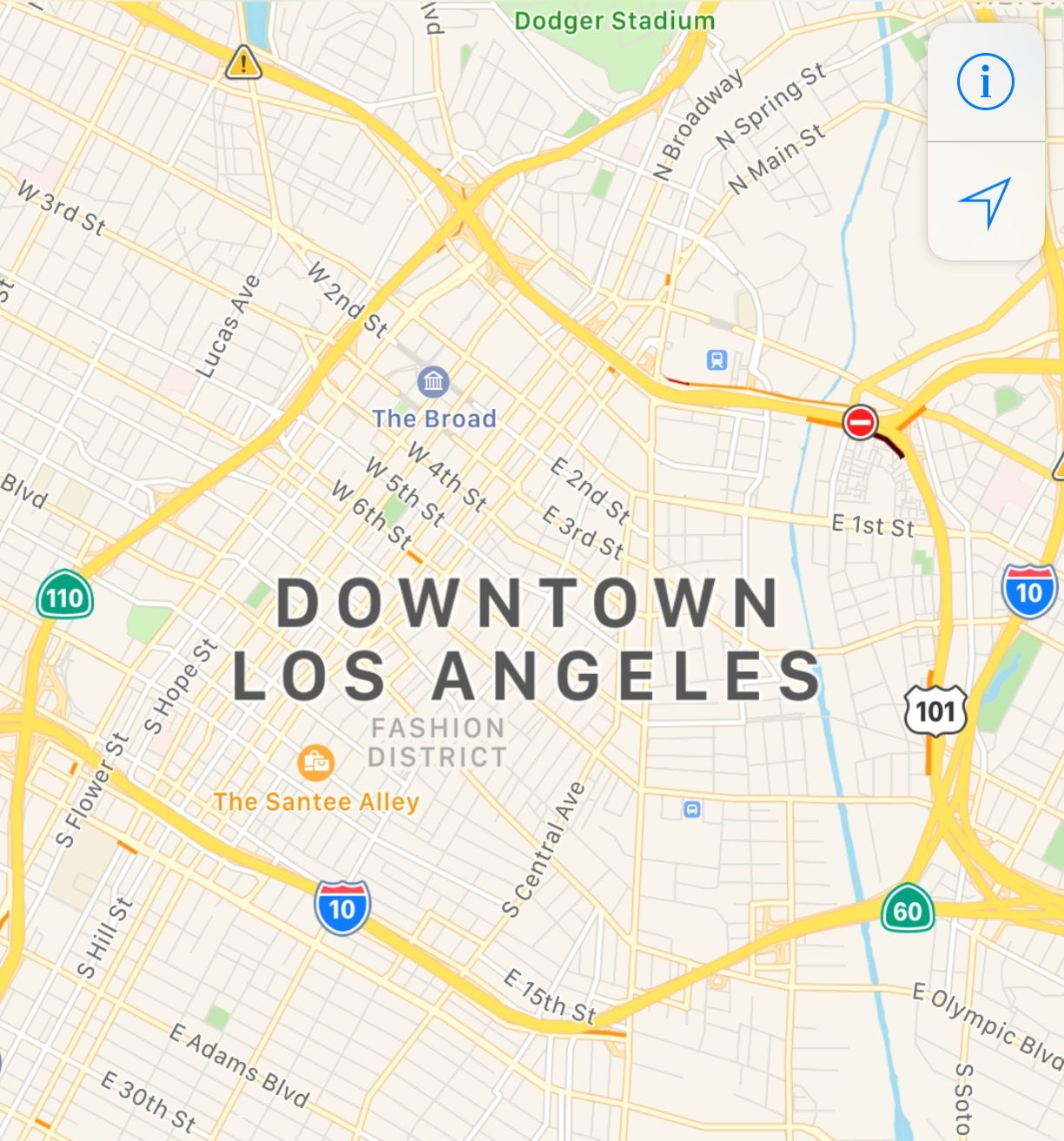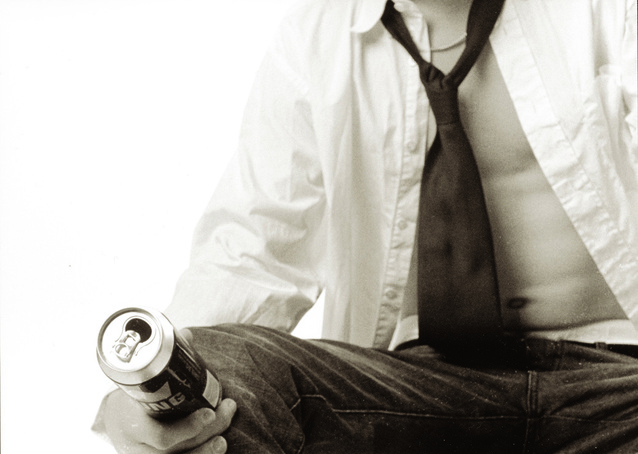
*Editor’s note: The subject of this narrative profile asked that only his first name be used.
The first time Chris* had to take a breathalyzer he was just 16.
He had just clipped an elderly couple with his car and was standing on the side of the road with his uncle and the police, as emergency responders took the couple to the hospital.
“ … They gave me the breathalyzer and it said ‘point zero zero zero,’ ” Chris said, “and (my uncle) grabbed it and turned it around and said, ‘Look at that, you see that, right?’ and I said, well I was in shock but I said, ‘Yeah, I see it,’ and he goes, ‘That’s important that you saw that.’”
Prior to the accident, Chris was driving with his girlfriend Susan. It was late and foggy as he was approached a green light on a long stretch on a three-lane highway just outside his hometown of Wilmington. Just as he passed through the light, his girlfriend yelled, “There’s people in the road!”
About 100 yards ahead an elderly couple were walking across the road in the dark, outside any marked crossing areas. Chris hit the breaks and started to slide one way toward the median and oncoming traffic, and then back the other was. As he slid by, he clipped the couple with the rear of his car.
Chris, now 35, said he remembers the whole thing very vividly, maybe because he was “sober as a rail” at the time of the accident that would cost one person their life.
It turned out the couple were Russian immigrants who worked as the nightly cleaners at the local ShopRite supermarket. The woman survived but the man did not.
Chris said he and his uncle, Sam, stood with the police for several hours, going over what had happened.
He didn’t find out who they were or learn that the man had died until a week or two later. Chris said he felt terrible and tries not to think about it.
“They were crossing the road incorrectly and — and it sucked,” Chris said. “I didn’t get in any trouble, you know, because they did all the analysis and there were witnesses and stuff and it was nighttime.”
Chris would blow into a breathalyzer many more times over the next 15 years.
He didn’t understand the lesson his uncle was trying to teach him about the breathalyzer results that night.
The experience didn’t make him a more responsible driver.
But now, Chris said he understands what his uncle was trying to tell him. A terrible thing happened but he was being responsible and therefore was not at fault.
The designated driver
He was at fault a year later.
After attending a Kid Rock concert and drinking heavily with his dad, James, Chris chose to be the one to drive the 25 miles home from Philadelphia, Pennsylvania home to Wilmington, Delaware. The two were in a car that belonged to Chris’ grandmother and neither were sober enough to drive.
“We had my grandmother’s car that we borrowed,” Chris said. “This old, grandmother, cutlass-era, boxy, Chevrolet-type, big, goofy — with like the leather bench seats that go all the way across the front and the back, and the vinyl, sticky seats, and the big ass hood and the big ass trunk, a gangster car.”
The parking lot they were trying to leave from was shaped like a big ‘W’ where the exit is at the center peak and everywhere else is a dead end. Chris said he was trying to back out of the space they were in and ran right into another parked car.
“We’re leaving the concert and my dad’s like, ‘Are you OK to drive?’ and I’m like, ‘Yeah, sure.’”
Chris was not OK.
“I smash into a car at a 90-degree angle and it hits the car next to it, like three cars over like dominos, and my dad looks at me and goes, ‘Holy shit, you’re not OK to drive, get out of the driver’s seat,’ and I go, ‘Yeah, you’re probably right.’”
They switched seats and made another attempt to leave. Chris said his dad must’ve been just as drunk as he was or more, otherwise he wouldn’t have suggested he drive in the first place.
“We drove up to the front and the guys working there were like, ‘Hey, I think you guys should stay, you just hit a bunch of cars back there,’ and my dad goes, ‘Nah, we’re fine,’ and just drives away,” Chris said.
The two made it home safe and replaced the bumper the next day with one they got at the junkyard, hoping no one would be the wiser. But the security cameras at the venue had gotten the whole thing on tape, and the insurance companies of the other drivers tracked down the car, and ultimately Chris’ grandma.
“My aunt, my dad’s younger sister by eight years, comes stormin’ on us and she’s like, ‘What did you guys do, why is grandma getting calls from other insurance companies?’ ” Chris said. “And my grandmas like, ‘There’s no damage on the car, I don’t understand,’ and my aunt is looking at us like, ‘You sons-a-bitches.’”
Chris said he felt pretty bad about the whole situation, especially since his grandma’s insurance dropped her.
The experience wasn’t as eye-opening as maybe it should have been.
He and his dad continued their pattern of poor-decision making.
A drunken-driving culture
The fun times with his dad were put on hold when Chris headed off to college at the University of Delaware just before his 18th birthday. He was younger than most freshman in college but made friends with Jason, a guy who had grown up in the area. Jason had a car, knew the area, and had some local friends. So, on the day before his 18th birthday, he and Jason were headed to a party at one of his friend’s houses there in Newark.
“We were driving down the street drinking beer like 17-year-old idiots,” Chris said, “and we’re like, ‘What are all these bright lights?’ Well it was a one-way road, so we get pulled over and we’re like hiding beers under the seats — it was all bad. He got arrested for a DUI and I got arrested for underage consumption.”
The police took both boys into the station for processing and then called Chris’ dad to come and pick him up. But since it was after midnight at this point, and Chris was technically 18, his dad told the officer that it was not his problem and that he wasn’t going to come.
“I don’t know what he said exactly but it was something like, ‘He’s an adult now, as of 18 minutes ago, he’s your problem.’”
Chris said the officer felt bad for him and gave him a ride home.
But the reckless drinking habits didn’t stop.
“In the towns where I went to high school and college there weren’t even taxis, so to call a taxi it would take an hour and they would have to dispatch out from like 30 miles away, so we just drank and drove,” Chris said. “That was the culture.”
Newark, where the University of Delaware is located, had a population of roughly 33,000 as of 2014. The population has only grown by about 3,000 since Chris left in 2005. The student population adds around 22,000 graduate and undergraduate students.
“It was just a small town, when the university students left, there was nobody there,” Chris said.
During his time in college, Chris said he never thought twice about drinking and driving. He couldn’t really remember exactly why he did it or where his false sense of confidence came from, but he does remember it being a common occurrence.
His college town only sold alcohol in liquor stores on the outskirts of town.
“And they wonder why people drink and drive,” Chris said.
Chris continued to party often and drink and drive occasionally into his sophomore year of college. But his drinking habits escalated after the unexpected death of his dad.
The news came on a weekday with a knock on his dorm room door.
It was his uncle, there to tell him his dad, who had struggled with addiction to drugs and alcohol for Chris’ entire life, had died of an overdose.
“I got in trouble again in college for underage drinking and most of that was related to my dad passing away, ironically from substance abuse, and the way that I coped with it was I just drank,” he said. “I drank a lot of whiskey, you know, just partied a lot, and I had this false sense of ‘f-ck the world’ because I was essentially paying for my own college education. So, I was just an -sshole, I was overconfident and I was like, ‘F-ck it, I don’t care. I don’t have anyone to answer to, my grades come to my mailbox.’”
Chris’ carefree attitude, reckless behavior and subsequent arrest for being drunk and disorderly, while also underage, resulted in his having to take a year off school. As he remembers it, Chris said there weren’t really any programs to keep students from getting into trouble with alcohol.
Eventually, Chris went back and graduated from the University of Delaware in 2005 with a bachelor’s degree in accounting. A short while later, he moved down to San Diego.
California dreams, California trouble
When Chris did finally get in trouble for drinking and driving it was on Dec. 3, 2011. He’d been living in San Diego for several years but still hadn’t changed his reckless college behavior.
Chris had left his friend’s house early in the morning to go to work after a night of drinking. The house was in an unfamiliar area, he got turned around and an officer pulled him over for making an illegal turn.
The officer smelled alcohol on him and asked if he’d been drinking. Chris told him that he had gone out the night prior but had slept for five or six hours and was confident that he was fine to drive.
“I said, ‘Look, man, if I take the tests and I’m under, will you let me go? I’m going to work,’” Chris said, “and he goes, ‘Sure.’ And I didn’t pass, I came out right over the legal limit.”
Chris was able to get the charge reduced to a “wet reckless,” which is a reduced plea agreement for driving under the influence. The driver pleads guilty to reckless driving with alcohol involved in exchange for fewer obligations, punishments and costs than a standard DUI.
“It’s a priorable offense,” Chris said.
That means that if he gets another alcohol-related driving offense within 10 years, the wet reckless turns into a full DUI and that gets added to the new offense, which now comes with all the punishments of receiving a second DUI. Chris’ arrest and subsequent treatment occurred right around the same time Uber was making its first appearance in San Diego.
For the wet reckless charge, Chris said he had to pay around $1,000 in fines, attend education classes and AA meetings twice a week for nine months, and his license was suspended for a year.
During the mandatory education classes, Chris said he heard a range of other people’s stories about getting into trouble for drinking and driving. This gave him an informal guide to staying out of trouble. He heard stories about individuals sitting in their vehicles on the side of the road after drinking or putting their keys in the glovebox but still getting into trouble for “intent to drive” while intoxicated.
“It was almost dangerous, the information that you learned from hearing other people’s stories,” Chris said, “because you’re like, ‘Now I’m a f-cking pro,’ I’ve heard how everyone else got caught.”
Responsibility or availability?
Uber was first introduced in San Diego County in June 2012, less than a year after Chris got his wet reckless charge. He said that even for people he knew who hadn’t been in trouble, the convenience and cost efficiency of Uber made it an easy alternative to drinking and driving. Taxis were expensive and unreliable, and Chris was still without a license.
“When Uber came out, like nobody drank and drove,” Chris said. “Everyone stopped, there was no reason to. Like even if you were an idiot and wanted to drive, someone else would call you a car. Even if you were opposed to it and being stubborn, someone would literally call you a car, put it on their account, and throw you in the car.”
Quitting drinking and driving, Chris said, was more about options and less about a drastic change in mindset.
“It was finally a tool that made sense,” he said. “If it was too expensive, I’d be like, ‘Ah, f-ck it, I might drive,’ but because it’s so cheap, and so easy, and you just push a button on your phone, and it keeps getting easier. I think that it finally just became part of the habit.”
Chris thinks he might still be drinking and driving if Uber wasn’t so convenient.
“I think that if Uber didn’t show up, I would’ve just still made bad decisions,” he said. “You know how decisions are, you go, ‘I’m never doing that again,’ and then slowly as time goes by, you justify it. That’s just how people are.”
Chris moved to Los Angeles in 2013 and continued using Uber regularly. If he plans to meet the terms of his wet reckless charge, which he said he has every intention of doing, he cannot get another impaired driving related charge until 2021, or he will have to suffer the consequences for two.
“After my DUI, the fear of getting a second really tightened me up, I didn’t drink and drive at all,” he said. “And that’s kind of when Uber came around, and I was like, ‘Oh, this is it, this is what I subscribe to now.’”
Now living in San Francisco, the birthplace of Uber, Chris said avoiding drinking and driving had never been easier. Uber is always a convenient option and drinking even a little and driving has begun to make him uneasy, he said.
“It really makes you think, I’ve had the legal amount of beer, you know, like the two beers in an hour or two strong beers in two hours, and when I drive I’m like, ‘I don’t like this, I’m out of practice, I don’t like it, it just sucks,’” Chris said. “Even if it’s technically legal or whatever, it’s uncomfortable. Which is nuts because when I was drinking and driving, I could drink like a fish and be comfortable driving and now I drink like one or two drinks and I just don’t like it at all.”
After all of his past issues, Chris said he feels like he has landed in a good place. Still, he’s not sure that all the accidents he has been in, getting arrested, losing his license, or hearing other people’s stories were the factors that changed his behavior.
“I never made that connection,” Chris said. “It’s partially because a lot that stuff was probably painful and it’s tucked really far into the subconscious, and all that, things with my dad, things with witnessing something horrific, all that stuff is like far from the forefront. I pull it up casually but it’s tucked f-ckin’ way down there.”
Alec McPike completed this story in Dr. Christina Littlefield’s fall 2016 Jour 590, investigative and narrative reporting class.



